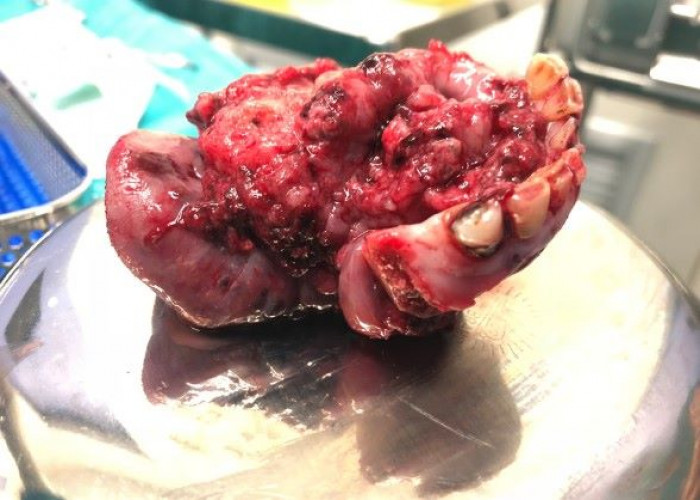 Welcome
Welcome
“May all be happy, may all be healed, may all be at peace and may no one ever suffer."
Floor of the mouth cancer
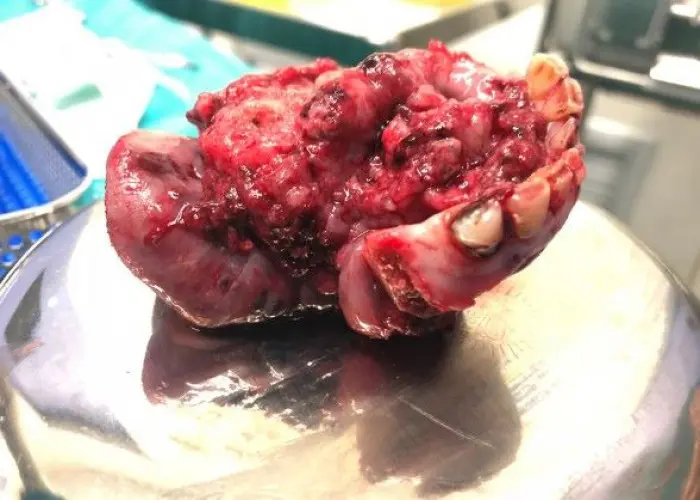
Floor-of-mouth cancer is a type of oral cancer that develops in the tissues located in the floor of the mouth, which is the area beneath the tongue. It is most commonly a type of squamous cell carcinoma, which is a type of cancer that develops in the thin, flat cells that line the mouth.
The exact cause of floor of mouth cancer is not fully understood, but it is believed to be related to a combination of genetic, lifestyle, and environmental factors. Risk factors for this type of cancer include tobacco and alcohol use, human papillomavirus (HPV) infection, poor oral hygiene, and a weakened immune system.
Symptoms of the floor of mouth cancer can include pain or discomfort in the mouth or throat, difficulty swallowing, a sore or lump in the mouth that does not heal, persistent mouth ulcers, and unexplained weight loss.
Treatment for floor-of-the-mouth cancer typically depends on the stage and location of the cancer. Surgery, radiation therapy, and chemotherapy are common treatment options. In some cases, a combination of these treatments may be used. In addition, supportive therapies such as pain management, nutritional support, and speech and swallowing therapy may also be used to manage symptoms and improve quality of life. Regular follow-up care and monitoring are important to detect and manage any recurrences or complications.
Research Papers
Disease Signs and Symptoms
- Mouth sores
- Loose teeth
- Difficulty swallowing (dysphagia)
- Weight loss
- Ear pain
Disease Causes
Floor of the mouth cancer
Floor of the mouth cancer forms when a genetic mutation turns normal, healthy cells into abnormal cells. Healthy cells grow and multiply at a set rate, eventually dying at a set time. Abnormal cells grow and multiply out of control, and they don't die. The accumulating abnormal cells form a mass (tumor). Cancer cells invade nearby tissues and can separate from an initial tumor to spread (metastasize) to other parts of the body.
Disease Prevents
Floor of the mouth cancer
Ways to reduce your risk of floor of the mouth cancer include:
- Don't use tobacco. If you don't use tobacco, don't start. If you currently use tobacco of any kind, talk with your doctor about strategies to help you quit.
- Limit alcohol if you choose to drink. If you choose to drink alcohol, do so in moderation. For healthy adults, that means up to one drink a day for women and up to two drinks a day for men.
- Get regular dental care. During your appointment, your dentist will check your mouth for signs of cancer and precancerous changes.
- Consider the HPV vaccine. Receiving a vaccination to prevent HPV infection may reduce your risk of HPV-related cancers, such as mouth cancer. Ask your doctor whether an HPV vaccine is appropriate for you.
Disease Treatments
Treatments for floor of the mouth cancer include:
- Surgery. The type of surgery used to treat floor of the mouth cancer depends on the size, type, location and depth of the tumor spread. If the tumor has spread beyond the floor of the mouth, nearby lymph nodes may need to be removed and examined to determine how far the cancer has spread.
- Radiation therapy. Radiation therapy uses beams of intense energy, such as X-rays and protons, to kill cancer cells. Radiation may be used alone to treat small floor of the mouth cancers or it may be used after surgery to kill any cancer cells that might remain.
- Chemotherapy. Chemotherapy uses drugs to destroy cancer cells. For people with floor of the mouth cancer, chemotherapy is often used after surgery to kill any cancer cells that might remain. Sometimes it's combined with radiation therapy.
- Photodynamic therapy. In this therapy, your doctor will use a medication to make the cancer cells vulnerable to high-intensity light energy, such as from lasers. After the medication has been absorbed by the target tissue, your doctor will expose the cancer cells to a specific wavelength and energy of light that activates the drug and destroys the cancerous or precancerous cells.
- Reconstructive surgery. Depending on the size, location and spread of the cancer, some people may need reconstructive surgery to restore mouth function.
- Rehabilitation. Rehabilitation specialists in speech therapy, swallowing therapy, dietetics, physical therapy and occupational therapy help with rehabilitation that may be necessary after surgery or radiation therapy.
- Palliative care. Palliative care is specialized medical care that focuses on providing relief from pain and other symptoms of a serious illness. Palliative care specialists work with you, your family and your other doctors to provide an extra layer of support that complements your ongoing care.
Disease Diagnoses
Disease Allopathic Generics
Disease Ayurvedic Generics
Disease Homeopathic Generics
Disease yoga
Floor of the mouth cancer and Learn More about Diseases
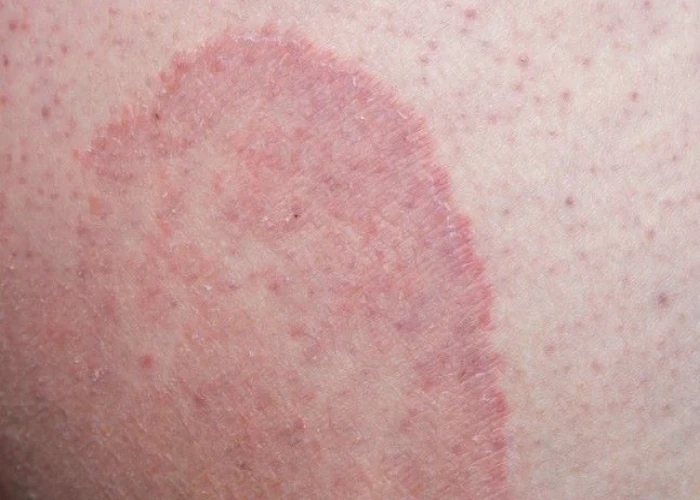
Jock itch

Adult attention-deficit/hyperactivity disorder (ADHD)
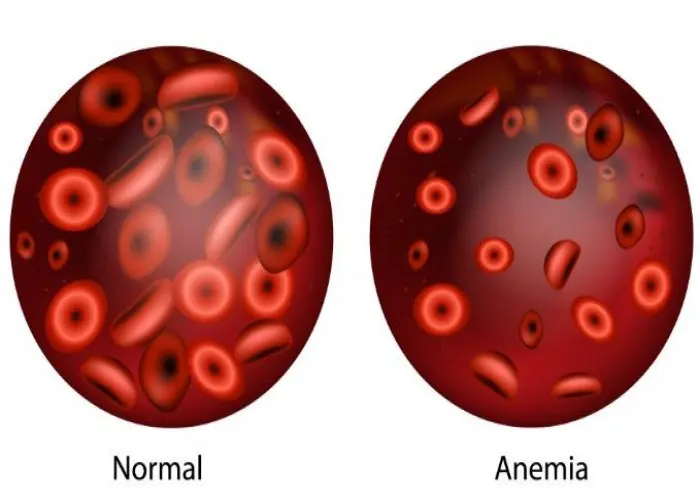
Iron deficiency anemia

Cellulite

Trigger finger

Drug addiction (substance use disorder)

Multisystem inflammatory syndrome in children (MIS-C)
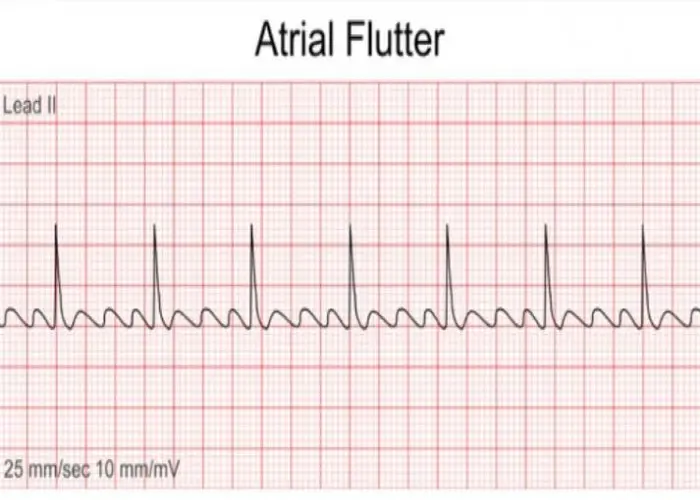
Atrial flutter
floor of the mouth cancer, মুখ ক্যান্সারের ফ্লোর
To be happy, beautiful, healthy, wealthy, hale and long-lived stay with DM3S.
